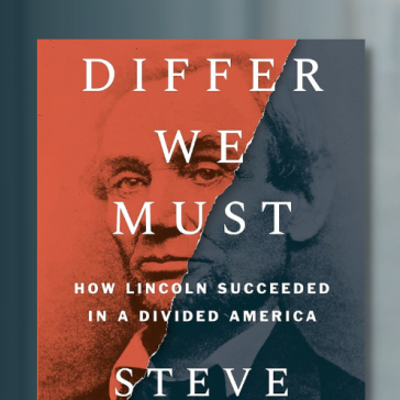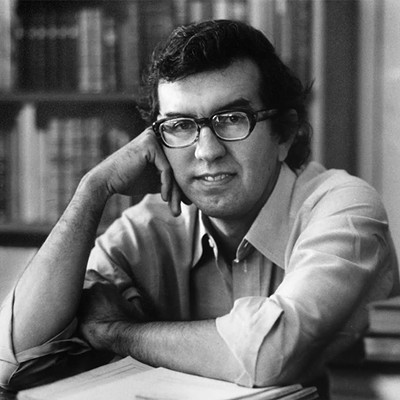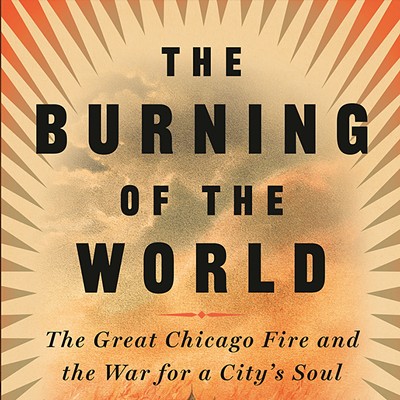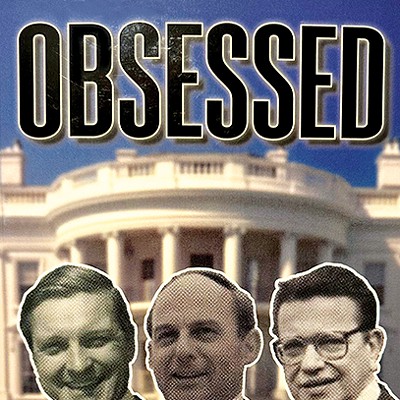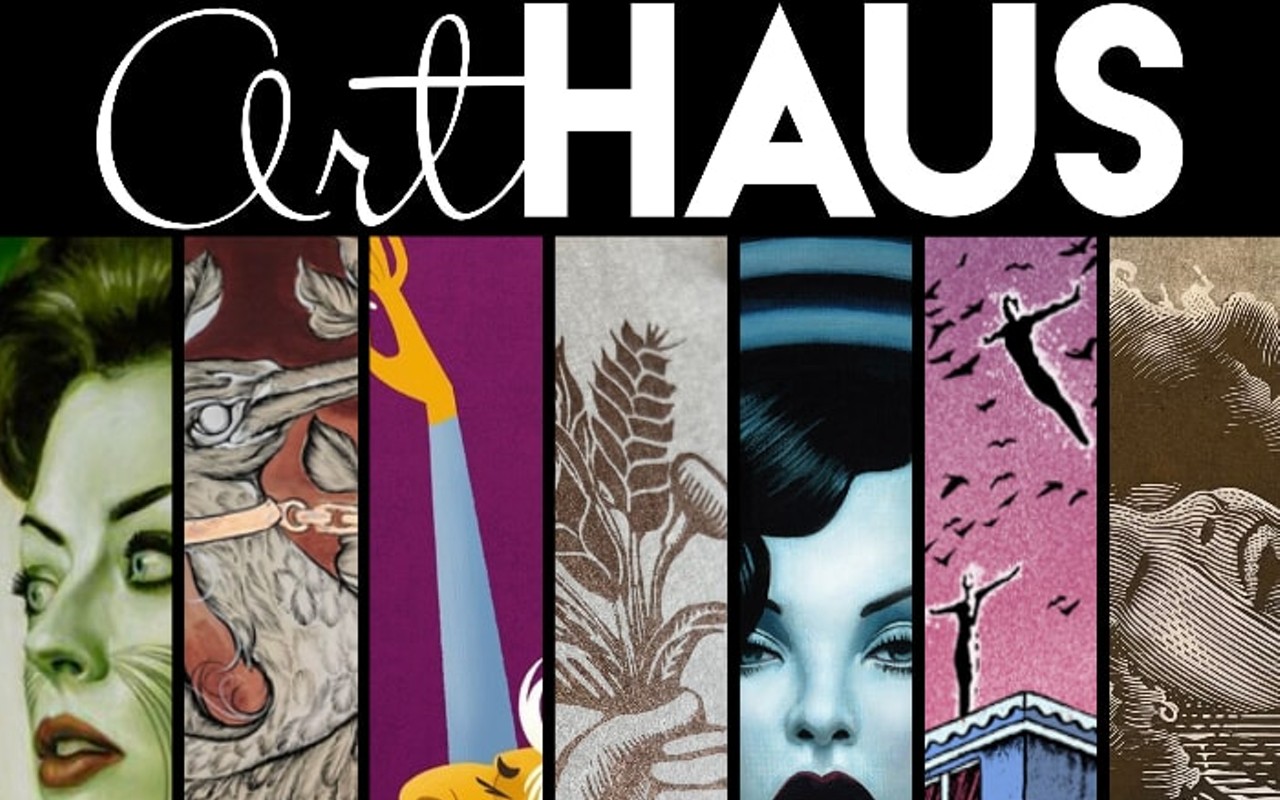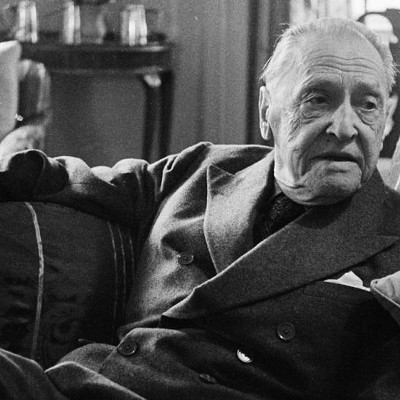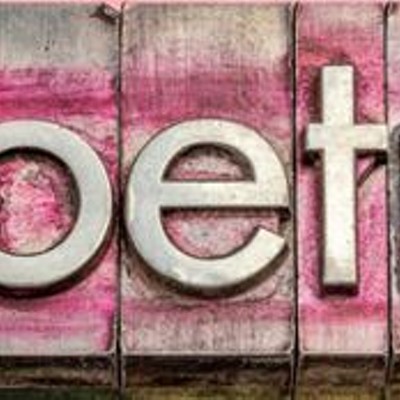Though it has been more than 10 years since my husband moved to the Midwest from Boston, his amazement at the prairie remains fresh. Driving to Chicago, he’ll point out the window and exclaim, “Look at that!” Expecting a buffalo, or something similarly unique, I see only empty space. But to him, the uncluttered landscape that I take for granted is still miraculous. William Maxwell: A Literary Life examines an artist with a similar reverence for a place he called “the meeting of earth and sky.” Though Maxwell left his beloved Lincoln, Ill., at age 14, he would return time and again in his writing. Author Barbara Burkhardt, an assistant professor of English at the University of Illinois at Springfield, has turned her substantial knowledge of Maxwell’s work and her unprecedented access to his papers into the first major critical study of this important Illinois author.
Maxwell, who died in 2000, is best known for his long career as an editor for the New Yorker and for his award-winning 1980 novella So Long, See You Tomorrow. The story, based on an actual 1921 murder/suicide in Lincoln, is considered Maxwell’s masterwork. Although Burkhardt covers his years as an editor and friend to famous writers such as Vladimir Nabokov and John Updike, she is more concerned with Maxwell’s own development as an artist. She begins by taking us back to a terrible day in 1919 that changed him forever, the day the 10-year-old boy learned that his mother had died of the Spanish influenza. It was the day, he said, after which “the shine went out of everything.”
Burkhardt unveils Maxwell’s career chronologically. In doing so she helps the reader understand the underpinnings of his craft. Maxwell believed that structure, as an element of story, was as integral to meaning as character or plot. He would type sentences, cut them out with scissors, and glue them in different combinations until he felt that they were right. Burkhardt, in similar fashion, shows how each of Maxwell’s novels fit into the pattern that would become his body of work. She fashions a mosaic depicting how his talent grew, how one work led to another, better book, culminating in his masterpiece, So Long, See You Tomorrow.
Maxwell underwent years of psychoanalysis under the famous practitioner Theodor Reik, and Burkhardt shows how the analysis influenced Maxwell’s work. It is ironic that Reik encouraged his client to let his characters be “home-free” when one would be hard pressed to find any writer whose characters are more bound to home than Maxwell’s. Interiors and objects are important symbols in his work. In day-to-day life, his typewriter was such an object. At her first meeting with Maxwell in Manhattan in 1991, Burkhardt discovered that it would not be an ordinary “type” of interview. After each question, he inserted a piece of paper into his Coronamatic and hammered out his answer. Perhaps, in doing so, he hoped that she would arrange his responses in the cut-and-paste manner he found so workable. That he continued to see her often, even asking her to catalog his correspondence, attests to the trust he felt in her abilities. He would not be disappointed.
Burkhardt’s own prose is by turns spare, straightforward, and rich. In discussing the short story “Over by the River,” she describes Maxwell’s setting the scene as “unrolling it gingerly like a Chinese scroll that, right to left, reveals glimpses of life lining the river walk.” Her careful explication is literary criticism at its best — free of the jargon that makes much of this genre unreadable. No buffaloes here, just a clear view of what’s important. Those familiar with Maxwell’s work are reminded how good it is. For those who haven’t had the pleasure of his company, William Maxwell: A Literary Life will serve as a fine introduction.



